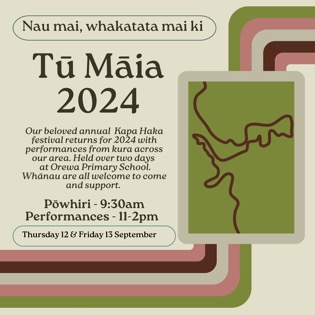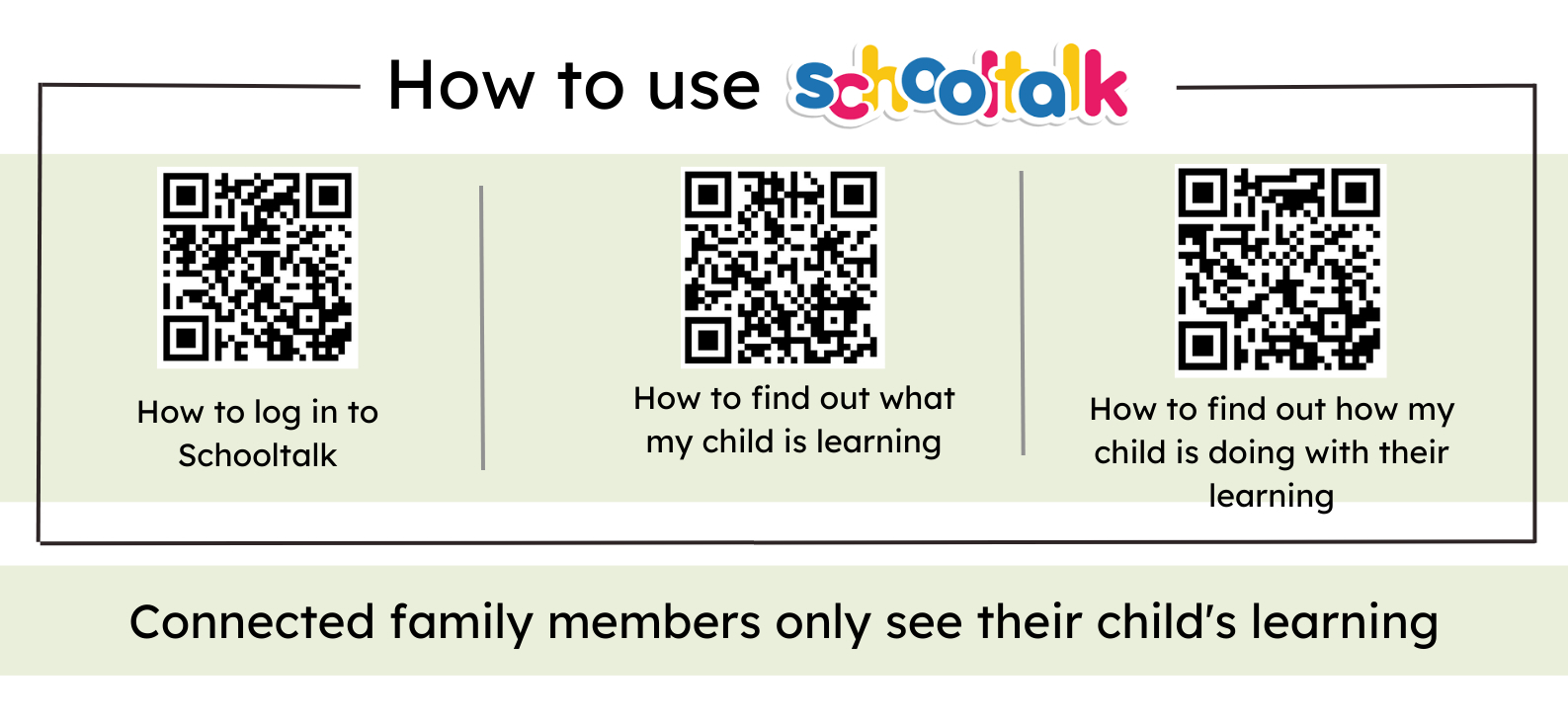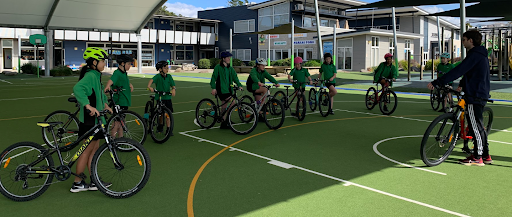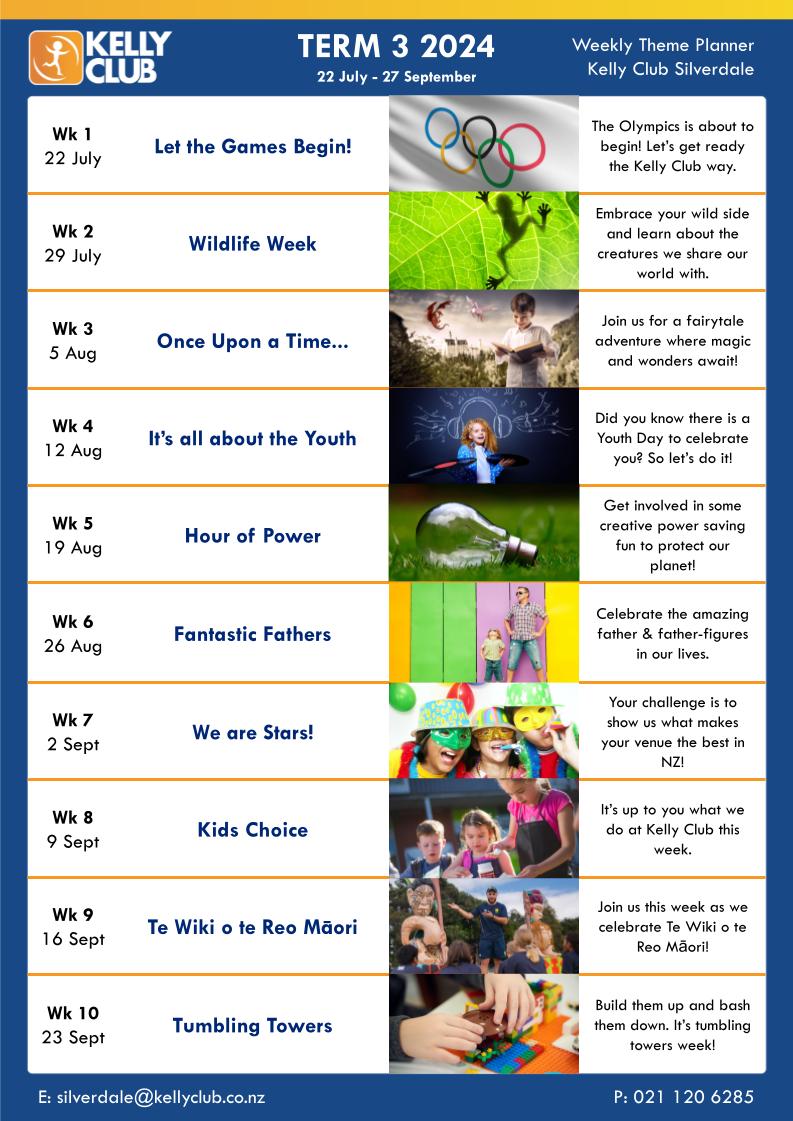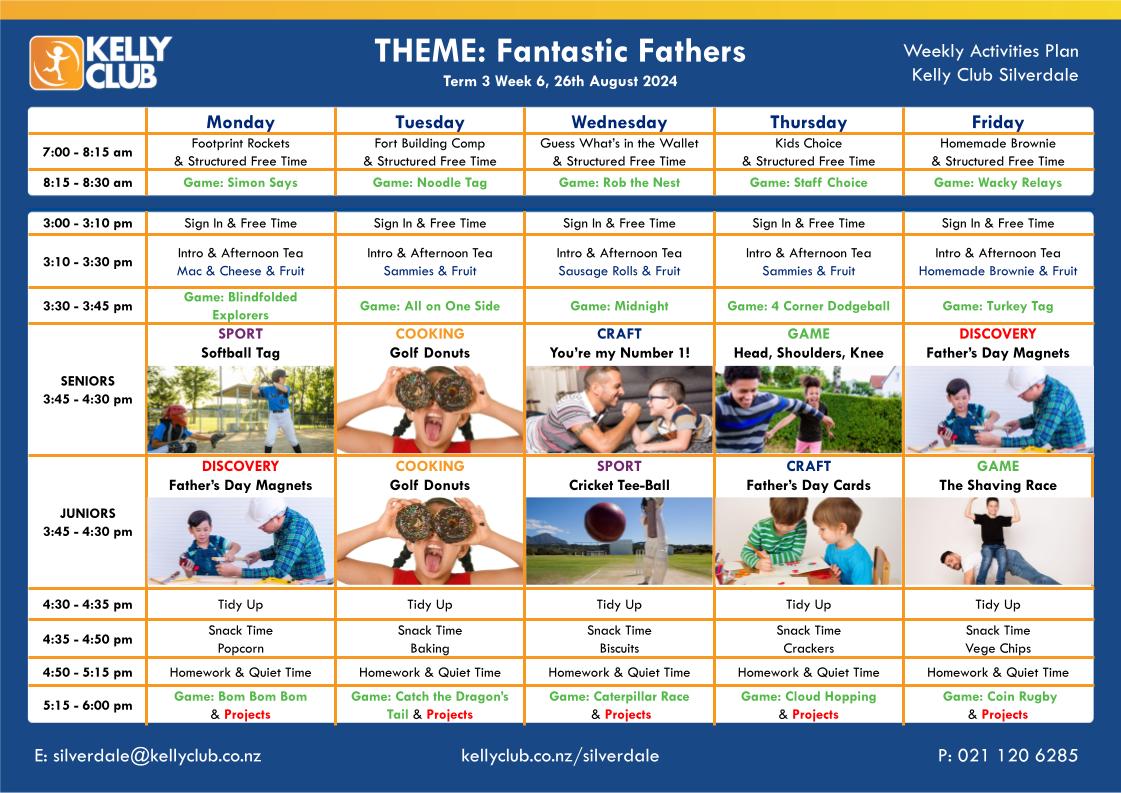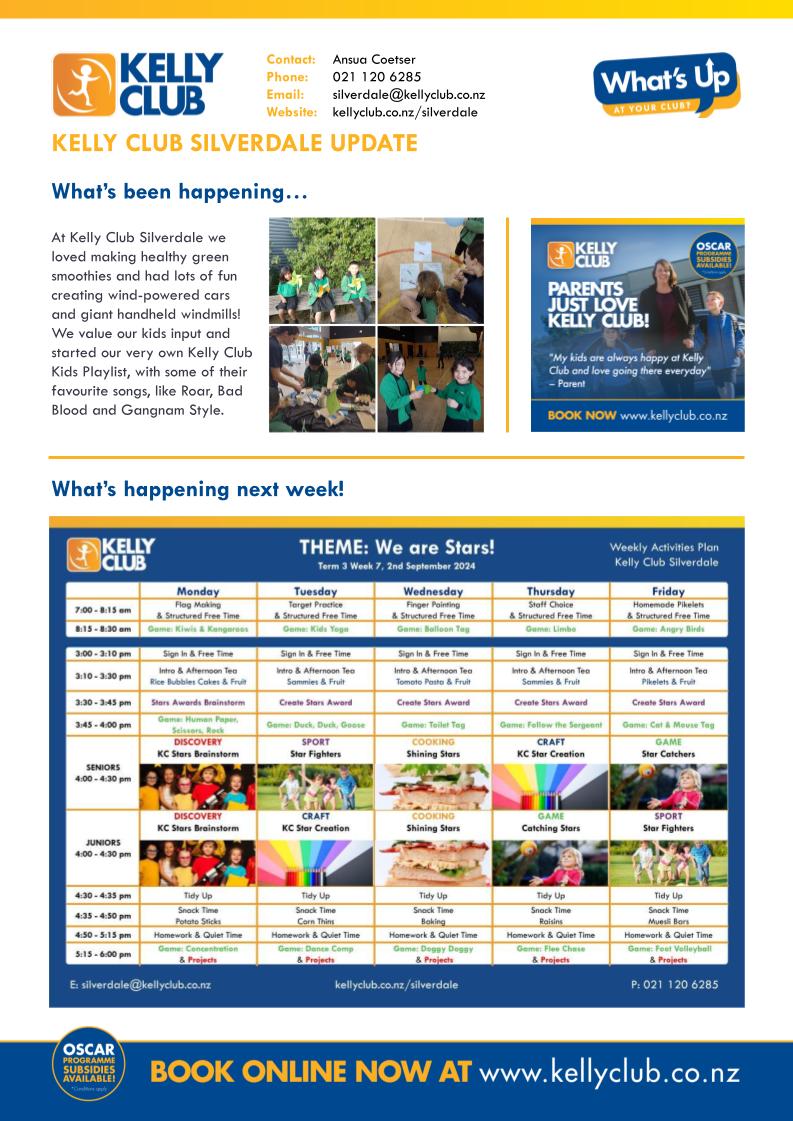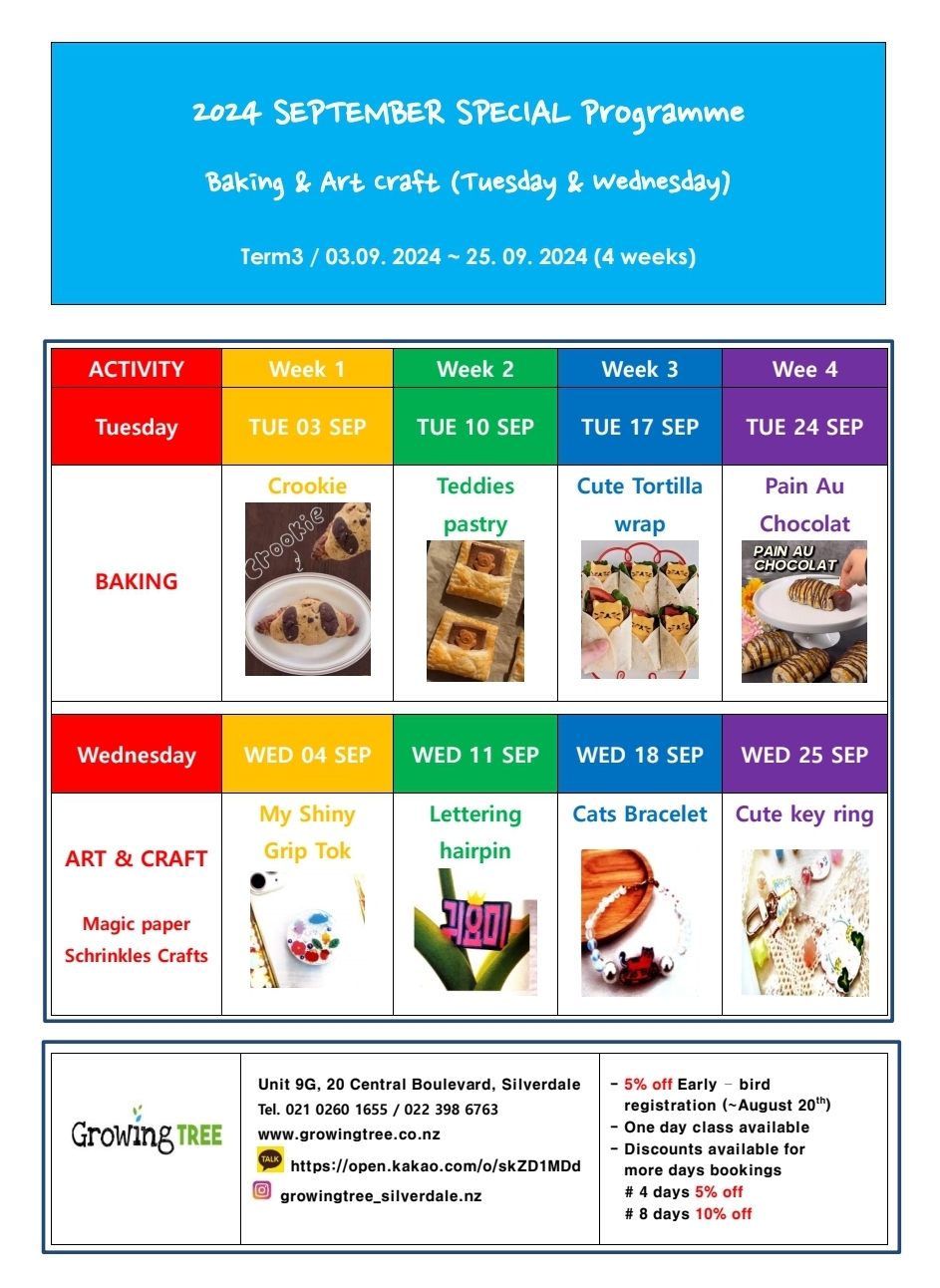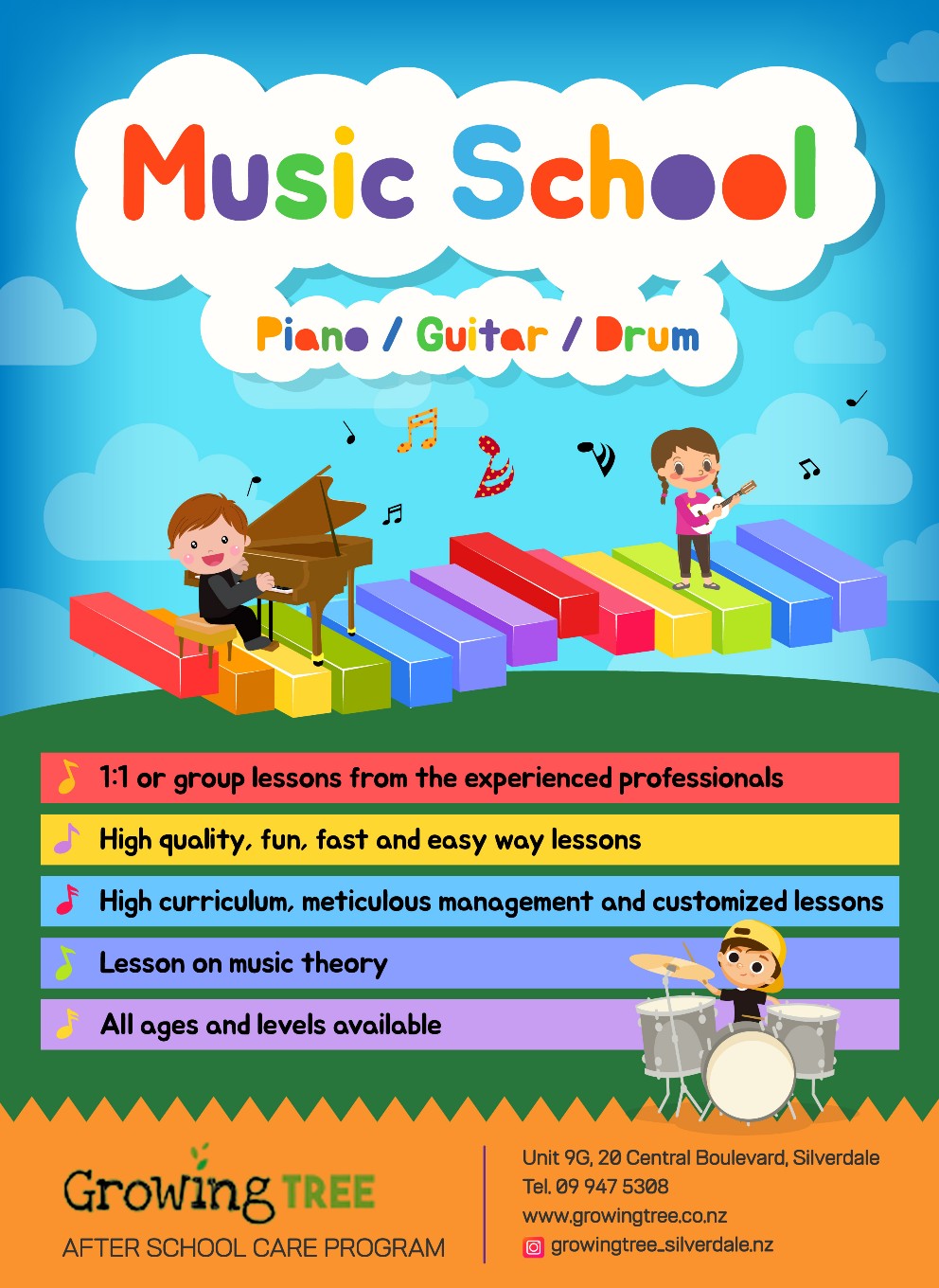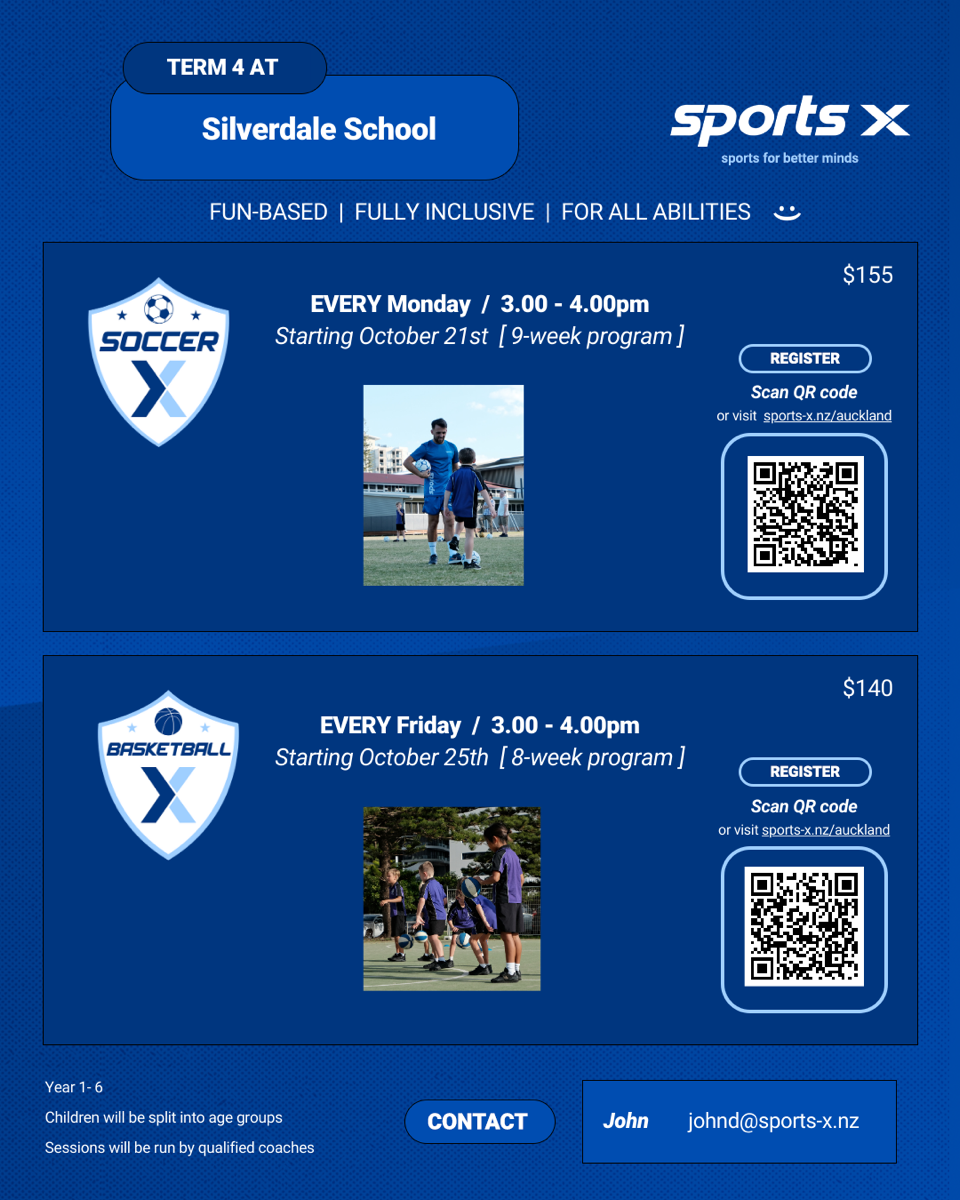New Curriculum
You would be aware that our new government is introducing a new Maths and English curriculum in 2025. The government’s priorities are:
Establishing a knowledge-rich curriculum grounded in the science of learning.
- Better approach to literacy and numeracy
Implementing evidence-based instruction in early literacy and mathematics.
- Smarter assessment and reporting
Implementing consistent modes of monitoring student progress and achievement.
- Improved teacher education
Developing the workforce of the future, including leadership development pathways.
- Stronger learning support
Targeting effective learning support interventions for students with additional needs.
Using data and evidence to drive consistent improvement in achievement.
The government’s priorities are also our priorities. We welcome the fact that these priorities have been established.
Draft Maths Curriculum Information
The New Zealand Ministry of Education is in the process of updating the mathematics curriculum, with a draft version currently under review. The aim of the new curriculum is to better prepare students for the future by focusing on key concepts and skills in mathematics that are relevant to everyday life and future learning.
Key Changes in the Draft Mathematics Curriculum
Focus on Key Mathematical Concepts
The new curriculum emphasises a deeper understanding of core mathematical ideas rather than covering a wide range of topics superficially. This means students will spend more time on critical concepts like number sense, algebra, geometry, and statistical literacy.
Progressions of Learning
The curriculum outlines clear progressions for learning mathematics just like we have been using with SchoolTalk (so nothing new to you). This helps teachers and parents understand what students should know and be able to do at each stage of their schooling. The focus is on building a strong foundation in the early years, with increasingly complex concepts introduced as students progress.
Real-World Application
There is a greater emphasis on applying mathematical knowledge to real-world situations. This approach aims to make maths more relevant and engaging for students, helping them see the practical value of what they are learning.
Problem-Solving and Critical Thinking
The draft curriculum highlights the importance of developing students’ problem-solving and critical-thinking skills. Students will be encouraged to think mathematically, explore different strategies, and justify their reasoning.
Cultural Responsiveness
The curriculum aims to be more inclusive and culturally responsive, recognizing the diverse backgrounds of students in New Zealand. It includes perspectives and contexts relevant to Māori and Pasifika students, ensuring that all students see themselves reflected in the curriculum.
Digital Tools and Technology
The new curriculum incorporates the use of digital tools and technology in learning mathematics. This reflects the increasing role of technology in education and the importance of preparing students for a digital future.
What This Means for Parents
Support at Home
Parents can support their children’s learning by engaging with the concepts outlined in the curriculum. This might involve discussing maths in everyday contexts, such as cooking, shopping, or budgeting, to reinforce the practical application of skills.
Resource Availability
As the new curriculum is rolled out, there will be resources and guidance available for parents to help them understand the changes and support their children’s learning at home.
Transition Period
Since the curriculum is still in draft form, there will be a transition period as schools adapt to the new guidelines. It’s important for parents to stay informed and involved during this time to help their children adjust.
Next Steps
The draft curriculum is currently open for feedback, and parents are encouraged to participate in the consultation process. This is an opportunity to share thoughts and concerns, ensuring that the final version of the curriculum meets the needs of all students in New Zealand.
Netsafe
Netsafe are launching a programme of interactive webinars which will cover key topics around online safety and digital citizenship and we will host sessions for parents. The first webinar is scheduled for 17 September for parents and caregivers, just in time for the school holidays, a time when the balance of online and offline time can be more topical for many families. Click this link for more information.

